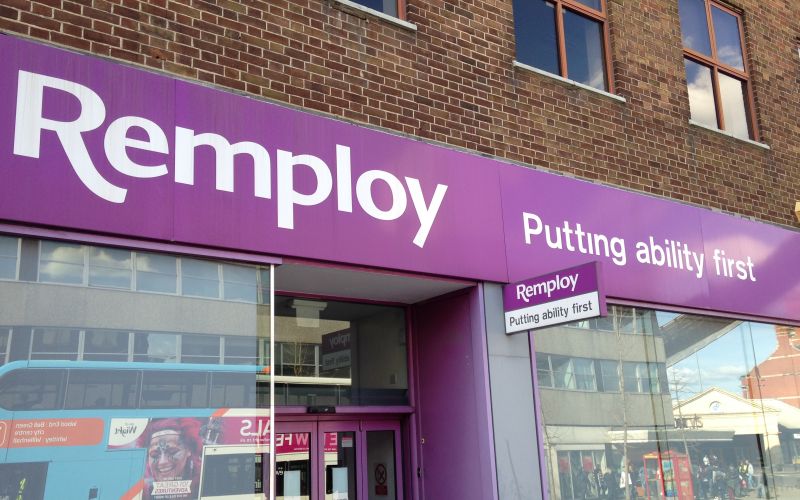The care watchdog has allowed a US outsourcing giant to slash the pay of disabled people by more than half when it takes over two contracts to manage service-users who work as expert advisers on care home and hospital inspections.
Two of the three new contracts to run the Experts by Experience (EbE) programme – in which people with experience of using care services take part in Care Quality Commission (CQC) inspections – have been awarded to Remploy, which is now mostly owned by the discredited US company Maximus.
But even though the three new contracts are supposed to begin on 1 February, they have still not been signed, and CQC has admitted it “may take several more weeks for the negotiations to be complete and the contracts to be signed”.
Existing EbEs who have spoken to Disability News Service (DNS) are furious at how the watchdog has treated them.
CQC has described the EbE contract as its largest ever procurement process, but there are now question-marks over how it has run the exercise.
Remploy confirmed this week to existing EbEs that it will pay them just £8.25 per hour (or £9.40 in London), compared with current rates of more than £17 per hour.
Remploy will recruit, support and manage the involvement of Experts by Experience in CQC’s north, south and London regions, while the contract for the central region has been handed to a consortium run by the charity Choice Support, which is one of five providers currently running the programme across the country.
In its response to a freedom of information request submitted last month by DNS, CQC has refused to say which user-led organisations the two consortiums will be working with on the EbE contracts.
By noon today (14 January), CQC had failed to explain how the necessary training and Disclosure and Barring Service checks on new EbE recruits would be completed in time to start work on 1 February, or to comment on the lack of communication with EbE experts or the new lower pay rates.
One EbE expert said she was “furious” at how she had been treated by CQC and said she felt she had been left “high and dry”.
She said she believed CQC was breaching principles on public procurement, particularly those relating to the need for accountability, because of its failure to keep her and colleagues properly briefed on the procurement process.
She contrasted this with CQC’s repeated claims that it highly values the members of its EbE programme and places them at the heart of its national inspection programme.
She said: “We are being kept completely in the dark about what is happening.
“It’s a complete farce in regards to communication and contracting. How they can deliver the contract from 1 February is anyone’s guess.”
Another EbE expert was also critical of the lack of transparency, and said CQC had become an “impenetrable quango”.
He said: “Nobody is speaking up for us, nobody at all. [There is] a lack of accountability, a lack of any kind of transparency, a lack of any kind of meaningful consultation or engaging with experts themselves.
“I feel it is a mixture of absolute incompetence and arrogance. It doesn’t make you feel valued at all.”
He said he was also concerned at the prospect of working for a company mostly owned by Maximus, because of its reputation.
Every month, more than 500 experts are sent on CQC inspections across adult social care, primary care and hospitals, and by the end of 2016 that is set to double to 950 a month.
Currently, more than 50 per cent of inspections involve EbE, and CQC wants that to increase to up to 80 per cent in some areas of its work in the next two years.
A Remploy spokesman said: “Discussions are continuing with CQC and we have nothing to add to our previous statement to you.”
Remploy claimed last month that service-users were “at the heart of the programme”, that it was “confident” that it would be able to recruit enough experts to “successfully deliver the contract”, and that the “level of payments to the experts will be set through the implementation of the contract, in discussion with user-led partners”.

 Nurse used benefit assessment info to launch campaign of harassment that left disabled neighbour suicidal
Nurse used benefit assessment info to launch campaign of harassment that left disabled neighbour suicidal ‘Jaw-dropping’ evidence from CQC bosses on safety and IT failures shocks MPs
‘Jaw-dropping’ evidence from CQC bosses on safety and IT failures shocks MPs Regulator’s state of the nation report stays almost silent on safety and quality of adult social care
Regulator’s state of the nation report stays almost silent on safety and quality of adult social care